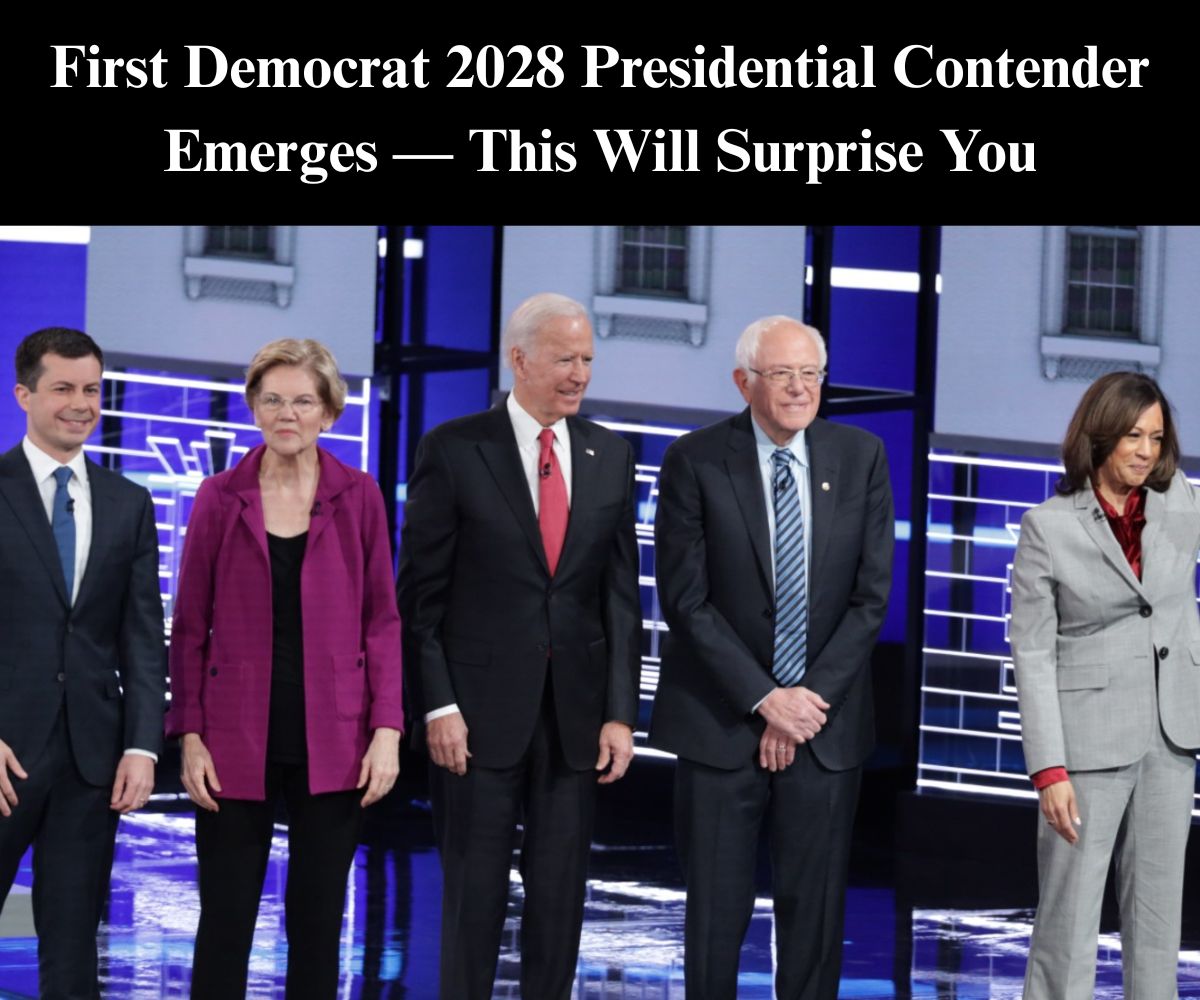Rahm Emanuel is confirming that he’s considering a run for the 2028 Democratic presidential nomination.
Emanuel — the former Chicago mayor, White House chief of staff in former President Barack Obama’s administration, and former congressman from Illinois — told Crain’s Chicago Business that “I’m looking at the (Democratic) field, and most importantly, what I have to contribute.”
“I have been there,” Emanuel added in an interview on CNN. “I have something I think I can offer. But I haven’t made that decision.”
Emanuel, who served as the U.S. ambassador to Japan for the past four years during former President Joe Biden’s administration, noted that “if I said I wasn’t, it wouldn’t be true. If I said I have decided, that also wouldn’t be true.”
Emanuel, who served as a policy adviser in then-President Bill Clinton’s administration in the 1990s and later led the Democrats to a House majority in the 2006 election, has long been regarded as a potential candidate for the Democratic presidential nomination in 2028.
And, since returning from Japan at the end of the Biden administration, Emanuel has delivered blistering assessments of the Democratic Party in the aftermath of last November’s stunning setbacks, when the party lost control of the White House, the Senate, and failed to reclaim the House majority from the GOP.
One of the biggest names making headlines lately is former Biden Secretary of Transportation Pete Buttigieg.
Buttigieg was recently in Washington to attend an event with Democratic content producers and make some media appearances, as talk mounts about a 2028 presidential run following Buttigieg’s revelation that he will not compete for the open Michigan Senate or gubernatorial seat.
Buttigieg spoke with the Washington Examiner about his views on new media, how to engage people who do not identify with established parties, the current political landscape, and what he is doing to assure the success of his party after leaving the Biden administration.
“I’m using my voice best I can in traditional media and new media, and I’m going to continue having conversations with neighbors, with voters, talking about how we could have a better way,” Buttigieg told the Washington Examiner. “I don’t know what that means for me, politically or professionally, a long way from making any decisions about that, but I know that’s what I need to be doing right now.”
Ezra Klein of the New York Times labeled Buttigieg the “Democratic Party’s acknowledged best-of-class communicator” last year, just weeks before the Democrats suffered a severe defeat in November.
In April, Buttigieg cleared the path for a 2028 presidential campaign after announcing that he would not run for Michigan’s open U.S. Senate seat.
Although he had previously stated that he was “looking” at trying to unseat retiring Democrat Gary Peters in one of the most competitive seats in the 2026 cycle, the former Transportation Secretary stated that he had “decided against competing” to be either governor or senator.
“I care deeply about who Michigan will elect as Governor and send to the U.S. Senate next year, but I have decided against competing in either race. I remain enthusiastic about helping candidates who share our values – and who understand that in this moment, leadership means not only opposing today’s cruel chaos, but also presenting a vision of a better alternative,” he wrote on X.
“While my own plans don’t include running for office in 2026, I remain intensely focused on consolidating, communicating, and supporting a vision for this alternative. The decisions made by elected leaders matter entirely because of how they shape our everyday lives – and the choices made in these years will decide the American people’s access to freedom, security, democracy, and prosperity for the rest of our lifetimes,” he added.
